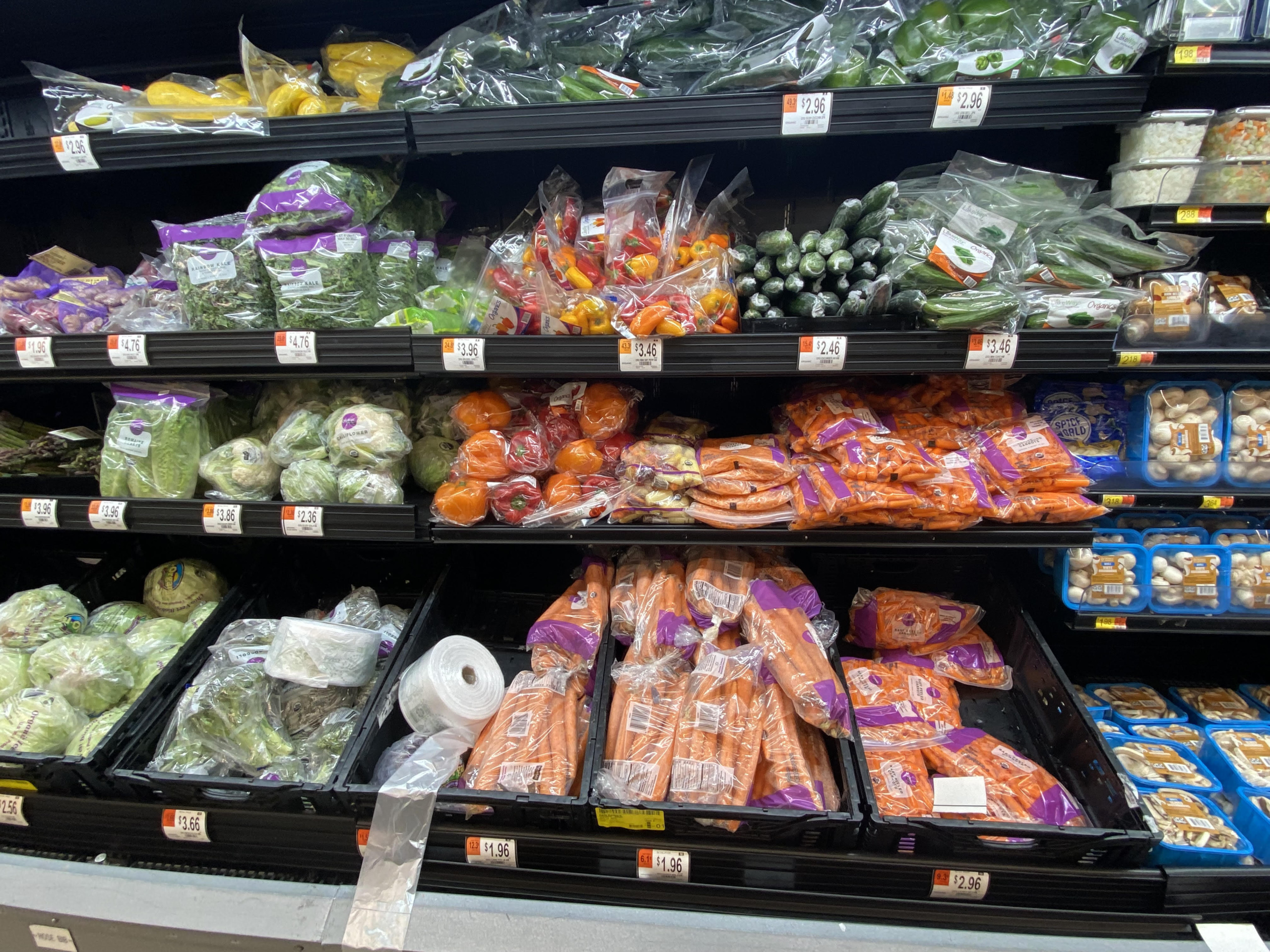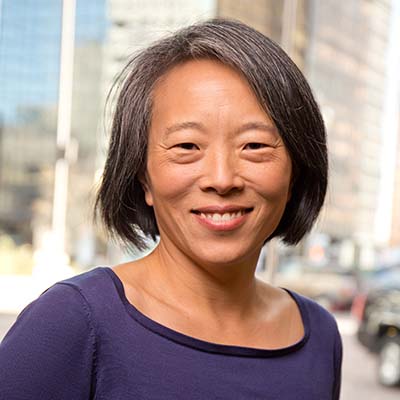
The Countdown to Zero Waste: April update
It’s time for new solutions to our country's waste problem. PIRG and Environment America’s advocates, organizers and members are promoting ways to reduce what we consume, reuse what we can and recycle the rest. Here's a roundup of stories from the past few months:

Survey reveals Whole Foods can do more to reduce single-use plastic packaging
On March 2, U.S. PIRG Education Fund and Environment America Research & Policy Center released a survey of the packaging options of Whole Foods’ “365” brand products. The report looked at 27 stores across the country to assess consumers’ options for avoiding plastic when shopping at Whole Foods. We found that despite the company’s efforts to reduce plastic use, fewer than 50% of the products surveyed were available in plastic-free packaging in the majority of Whole Foods stores.
“Whole Foods built its brand on a commitment to sustainability and environmentally responsible retail, and its customers shop there because they share that commitment and they expect the products on the shelves to reflect those values,” said Matt Casale, director of PIRG’s environment campaigns. “These customers want to reduce the amount of plastic in their lives. But the reality is that Whole Foods is often making it harder, rather than easier, for them to do that.”
Environment America and U.S. PIRG are calling on Whole Foods to do more and do better to reflect its customers’ values and re-establish itself as a leader in environmentally responsible retail.
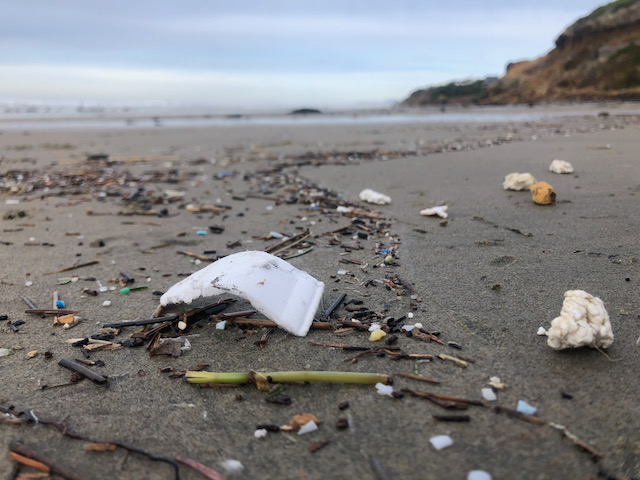
Oregon Senate passes bill to phase out polystyrene foam foodware with bipartisan vote
On April 3, the Oregon state Senate passed Senate Bill 543, which would phase out polystyrene foam foodware, packing peanuts and coolers, as well as PFAS from food packaging statewide, starting on Jan. 1, 2025.
Expanded polystyrene is a form of foamed plastic made from fossil fuels and commonly used for food containers and packaging. This disposable packaging is usually thrown away after a single use and breaks up easily into smaller pieces that are hard to clean up, disperse rapidly due to their lightweight nature, and can persist in the environment for centuries. Plastic foam is not accepted in curbside recycling and is one of the top items found polluting Oregon’s beaches.
“Nothing we use for just a few minutes should pollute the environment for hundreds of years,” said Celeste Meiffren-Swango, state director with Environment Oregon. “Thanks to Sen. Janeen Sollman’s leadership and the vision of lawmakers on both sides of the aisle, Oregon is one step closer to joining nine Oregon cities and eight other states that have taken action to reduce wasteful polystyrene foodware and other products. We look forward to seeing this bill continue to move through the legislature.”
The bill now heads to the Oregon House for consideration.
Plastics reduction bill passes Washington Legislature, heads to governor for signature
On April 10, the Washington state Senate, by a vote of 37-11, passed House Bill 1085 (HB 1085) to reduce plastic pollution.
The bill, backed by Environment Washington and sponsored by Rep. Sharlett Mena:
- requires that new buildings constructed with water fountains also contain bottle filling stations;
- phases out the use of small plastic containers, wrappers and packaging for personal care items like shampoo or soap by hotels and other lodging establishments;
- bans soft film-wrapped floats and docks;
- and mandates a study of hard-shell, foam-filled floats and docks.
The bill now heads to Gov. Jay Inslee to be signed into law. According to recent polling conducted by Oceana, 92% of Washington voters are concerned about single-use plastic products and 87% support local and state policies that reduce single-use plastic.
“Washington has taken steps in recent years to eliminate some of the worst kinds of single-use plastics, and HB 1085 takes yet another step that will make it easier for Washingtonians to live plastic-free,” said Pam Clough, advocate at Environment Washington. “We applaud state lawmakers for taking yet another step to reduce harmful plastics that pollute Washington’s communities and environment.”
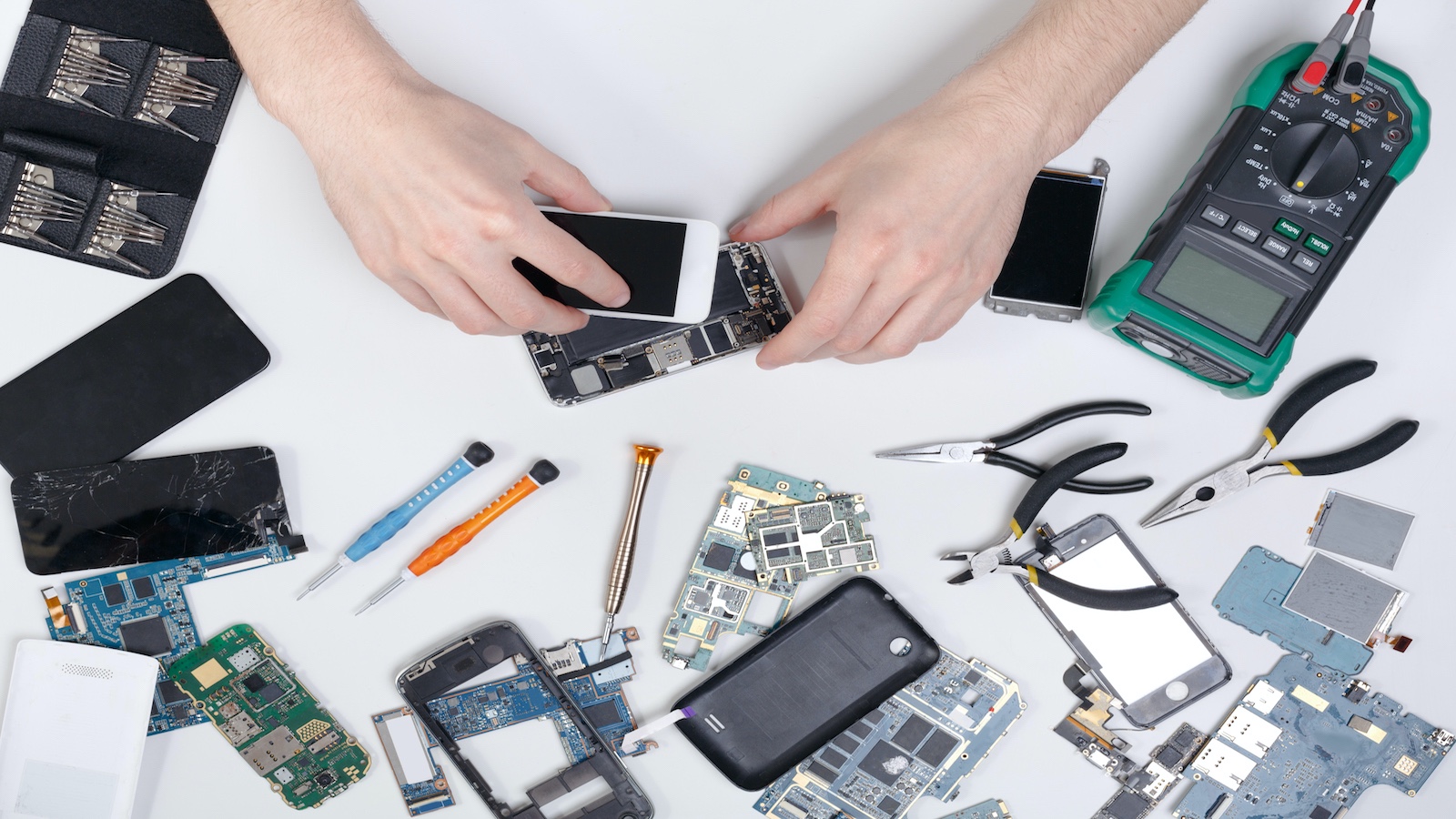
Report: Fixing, instead of replacing, devices could save Americans nearly $50 billion a year
Americans’ dependence on rapidly replaced electronics and appliances comes with a giant price tag, according to a new report by U.S. PIRG Education Fund titled “Repair Saves Families Big II.”
The report estimates that the average U.S. household could save approximately $382 per year by repairing its electronics. This adds up to a total annual savings of about $49.6 billion across the country.
“The rate at which we are buying and trashing electronics is staggering,” said Nathan Proctor, author of the report and the senior director of U.S. PIRG Education Fund’s Right to Repair campaign. “There is a really simple solution: Fix things instead. Not only will you do the planet a favor, you can save a lot of money at a time when many household budgets are feeling pinched by rising prices.”
The new report updates research released two years ago (based on data from 2019), which found that American households spend approximately $1,480 annually purchasing new electronic products — appliances, phones, computers and more. The latest data (2021) shows that spending rose 19% in those two years, and that the average household spends $1,767 purchasing new electronic products per year.
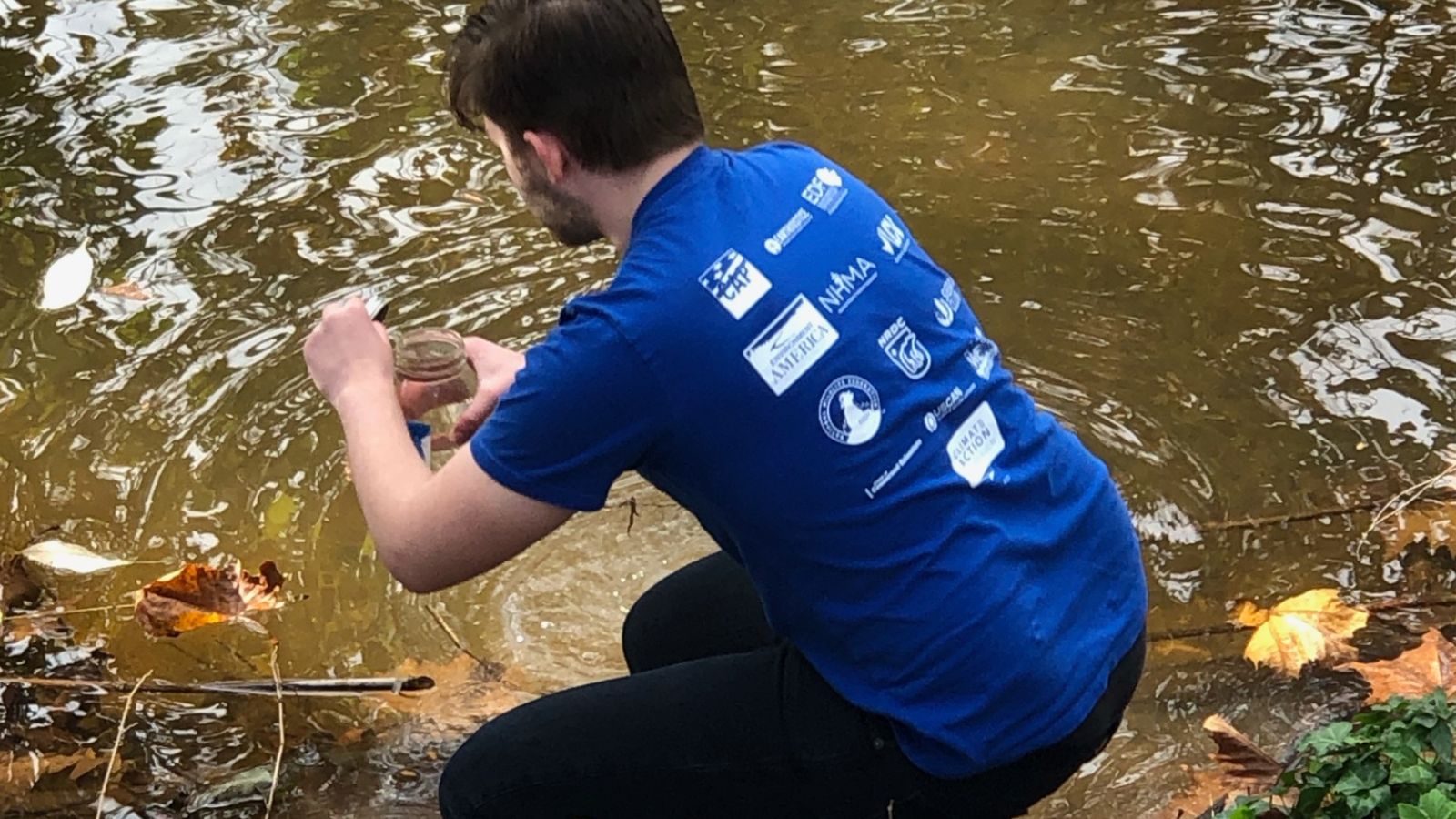
Allegheny County Council investigates the harms of single-use plastics
PennEnvironment recently collaborated with Allegheny County Council to organize a hearing on single-use plastic waste.
Presentations from speakers including PennEnvironment’s Faran Savitz, Pittsburgh Councilperson Erika Strassburger, Allegheny Cleanways Executive Director Myrna Newman, and Dr. Sherri Mason, director of sustainability at Penn State Erie, revealed that Pennsylvanians use roughly 4.75 billion single-use plastic bags annually, of which less than 2% are ever recycled. Allegheny Cleanways reported that they remove about 4 tons of plastic from our riverfronts every year. And Dr. Mason, an expert on freshwater plastic pollution, noted that microplastics are found just about everywhere on Earth and can have significant impacts on human health.
So far, 15 Pennsylvania municipalities representing 16% of the commonwealth’s population have adopted bag ban ordinances, preventing more than 780 million bags from entering our waste stream annually. PennEnvironment offers tools to help Pennsylvanians get their communities to take action on single-use plastics.
In the news
Garbology is the study of trash. This is why students love it — NPR, March 22, 2023
Whole Foods lags in reducing plastic pollution, report says — The Hill, March 2, 2023
Unwanted paint is being recycled and reused — Denver 7, Feb. 27, 2023
Topics
Author
Faye Park
Executive Vice President; President, PIRG
As president of PIRG, Faye is a leading voice for consumer protection and public health in the United States. She has been quoted in major news outlets, including CBS News and the Washington Post, about issues ranging from getting toxic chemicals out of children’s products to protecting Americans from predatory lending practices. Faye also serves as the executive vice president for The Public Interest Network, which PIRG founded. Faye began her public interest career as a student volunteer with MASSPIRG Students at Williams College. After graduating in 1992, she began working with the Student PIRGs in California as a campus organizer and organizing director, working on campaigns to help students register to vote and to promote recycling. She lives in Denver with her family.
Find Out More
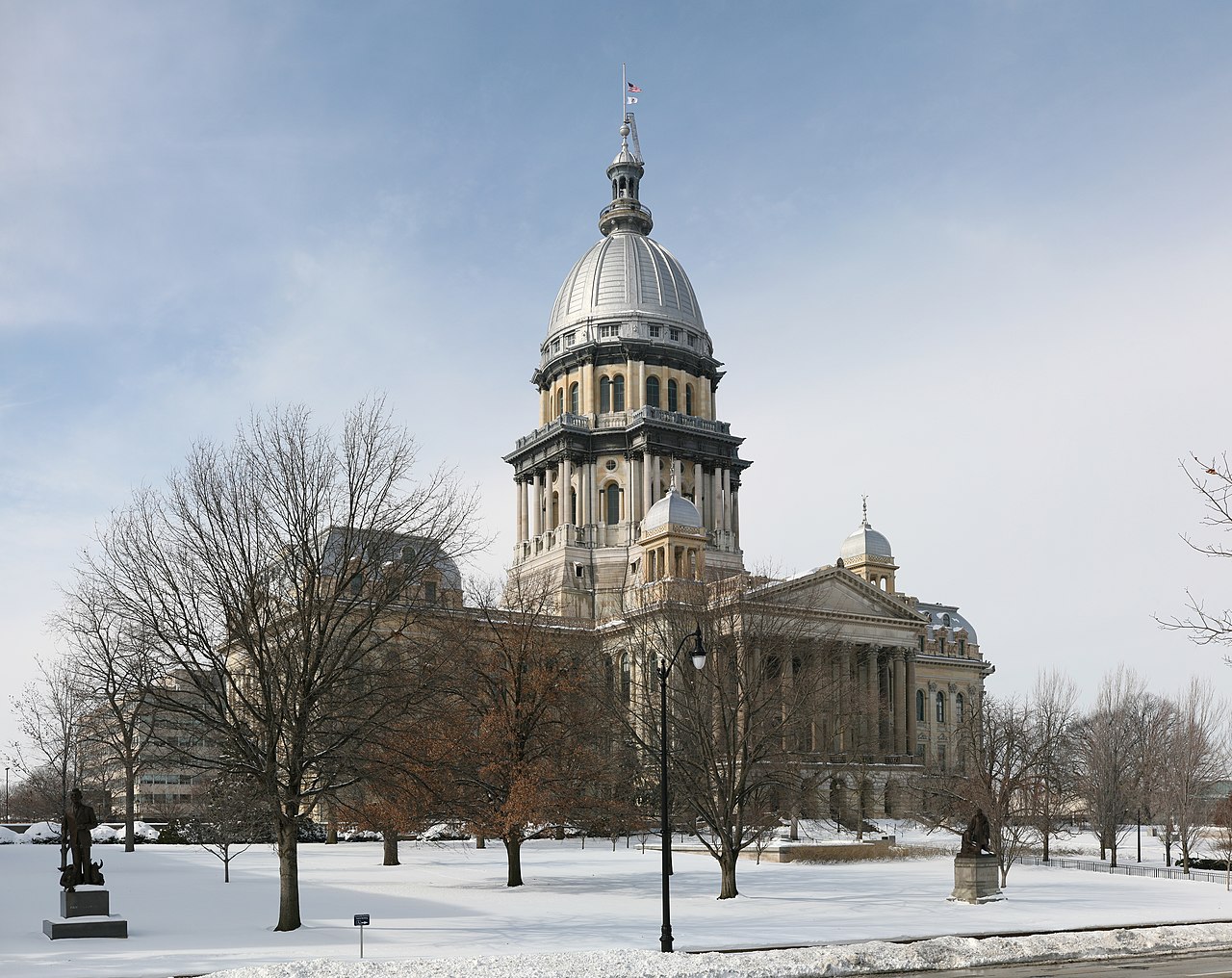
Our 2024 priorities in the states
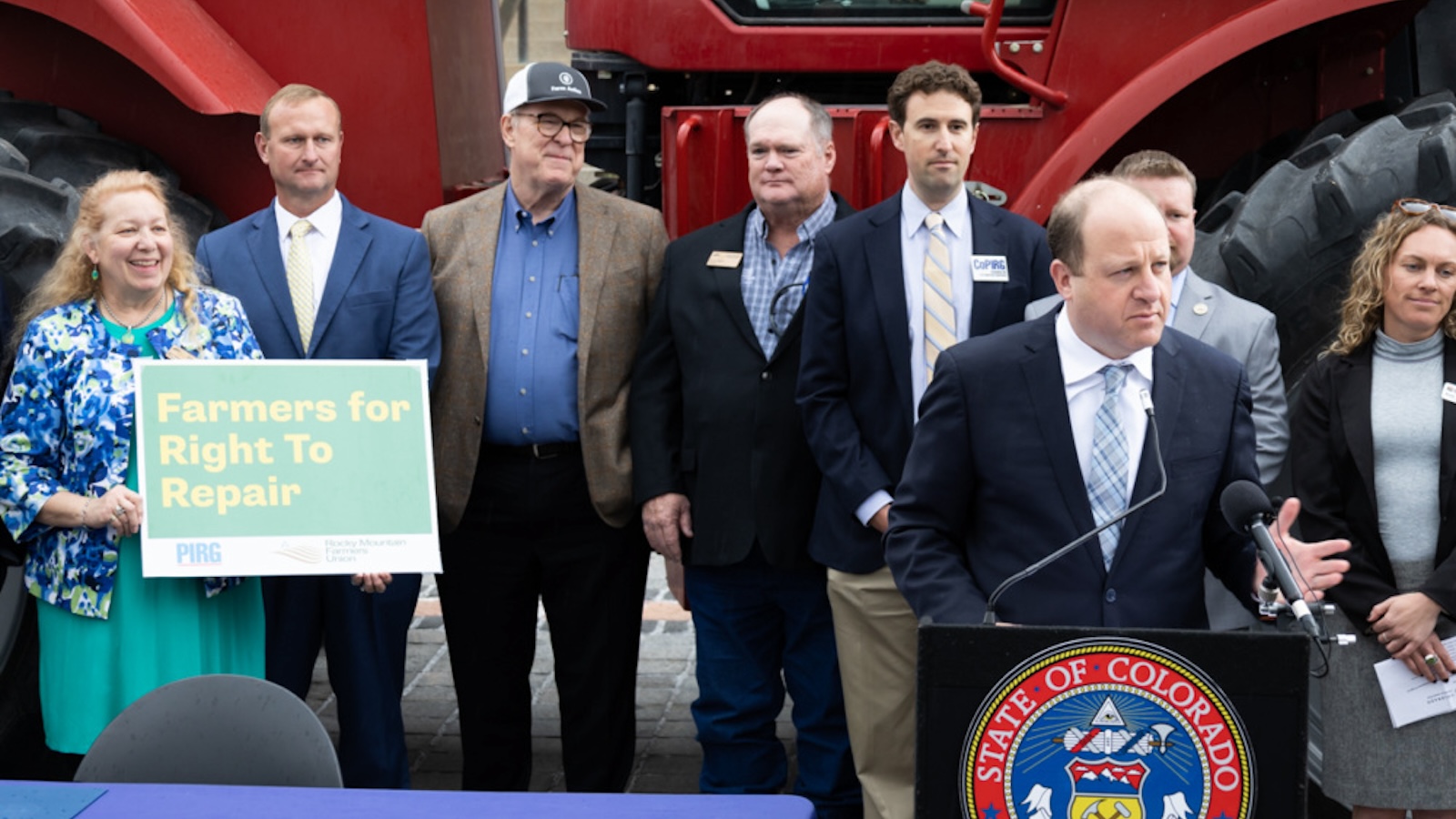
Celebrating new protections taking effect in 2024
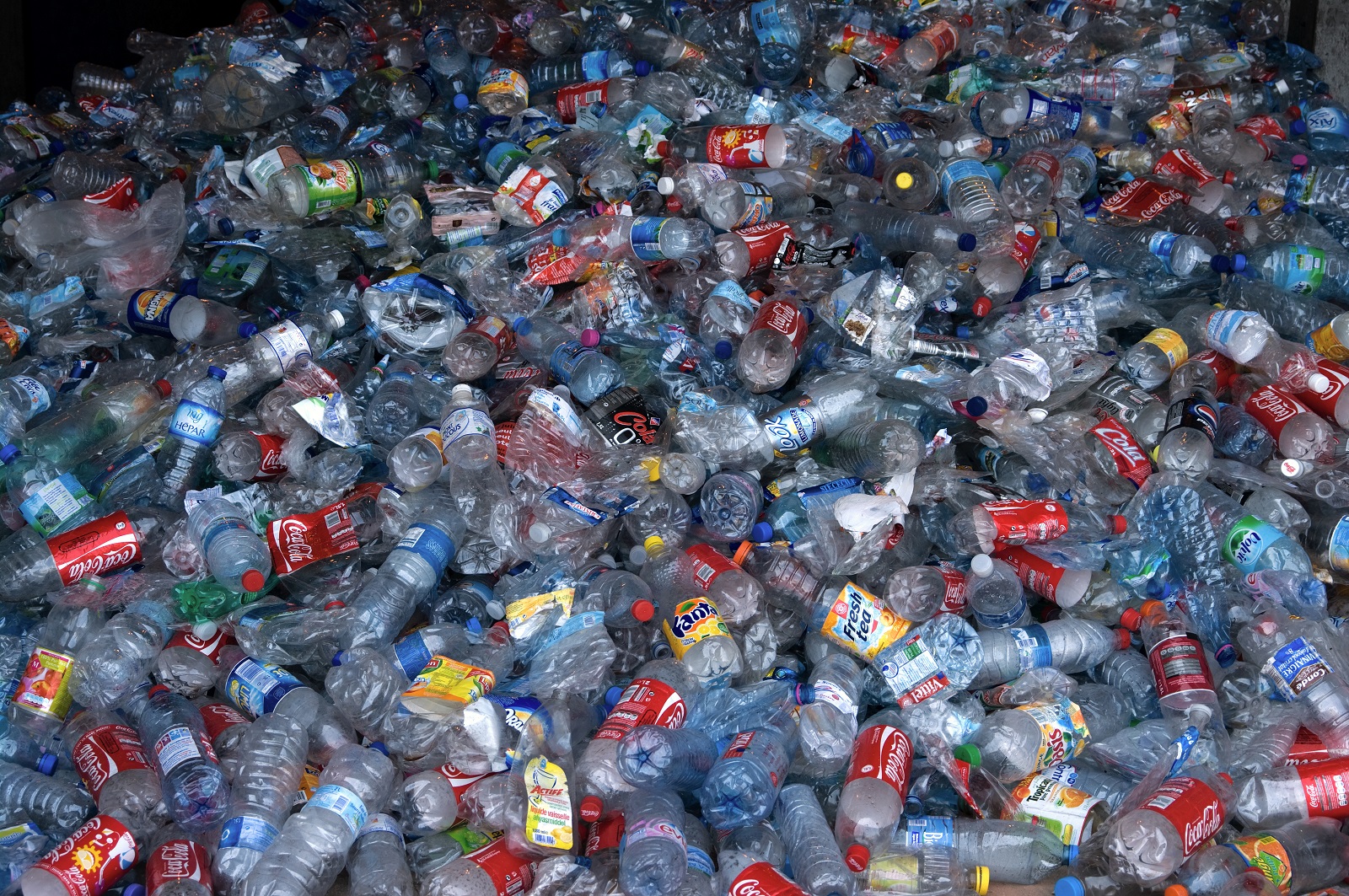
Coca-Cola should commit to refillable and reusable bottles
